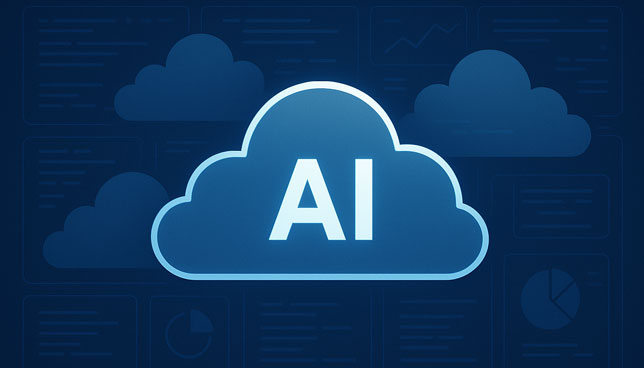
Amazon Web Services (AWS) has made a number of AI moves to maintain its position alongside fellow cloud giants Microsoft and Google.
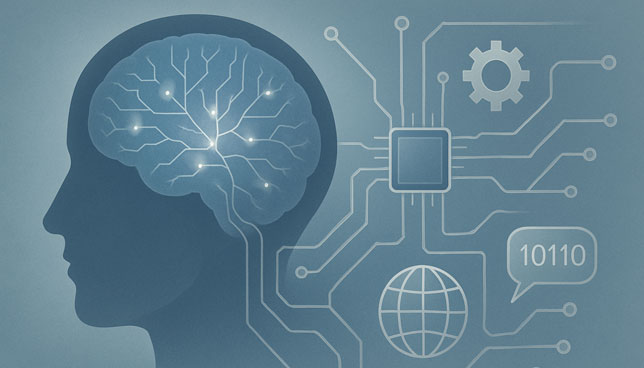
Meta Platforms has introduced a stand-alone artificial intelligence app built on its proprietary Llama 4 model, intensifying the competitive race in generative AI alongside OpenAI, Google, Anthropic, and xAI.

Learning platform Duolingo has officially declared itself "AI-first," aiming to make learning replicable, scalable, and always available.

As organizations race to integrate AI agents into their cloud operations and business workflows, they face a crucial reality: while enthusiasm is high, major adoption barriers remain, according to a new Cloudera report. Chief among them is the challenge of safeguarding sensitive data.

OpenAI has announced GPT-4.1, offering stronger performance across software development, instruction following, and long-context comprehension.

Microsoft has introduced a new AI-powered feature called "computer use" for its Copilot Studio platform that allows agents to directly interact with Web sites and desktop applications using simulated mouse clicks, menu selections and text inputs.
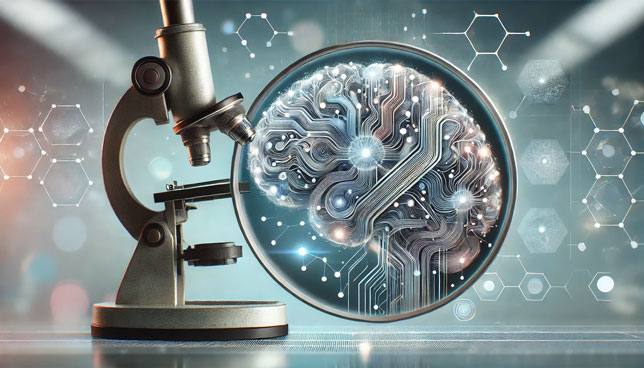
Anthropic has unveiled new research tools designed to provide a rare glimpse into the hidden reasoning processes of advanced language models — like a "microscope" for AI.

While Gen AI has become central to digital transformation strategies, a new Google Cloud report reveals most organizations aren't yet equipped to support it at scale.
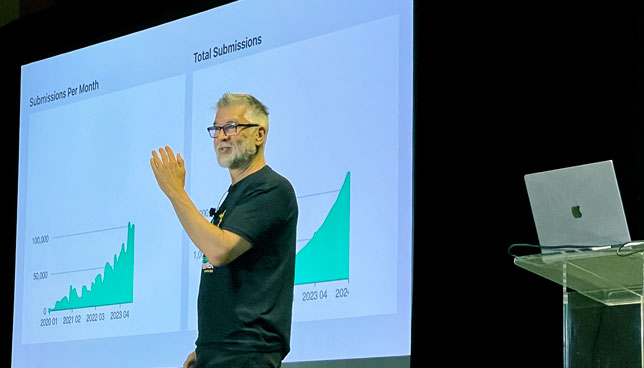
How can a company serving higher education navigate the changes AI brings to ed tech? What will customers expect? CT talks with Kuali CEO Joel Dehlin, who shared his company's AI strategies with attendees at Kuali Days 2025 in Anaheim.
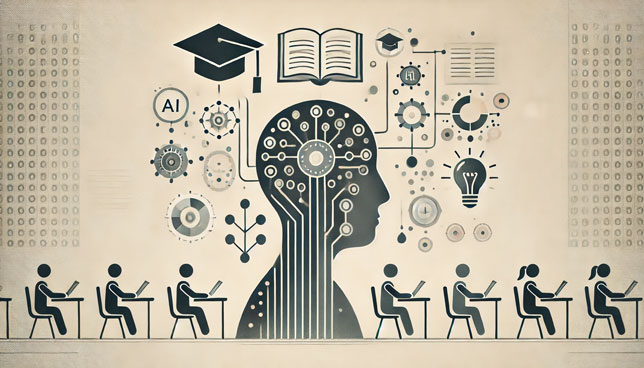
At the University of Michigan's Stephen M. Ross School of Business, a new Virtual Teaching Assistant pilot program is utilizing agentic AI to provide students with 24/7 access to support and self-directed learning.